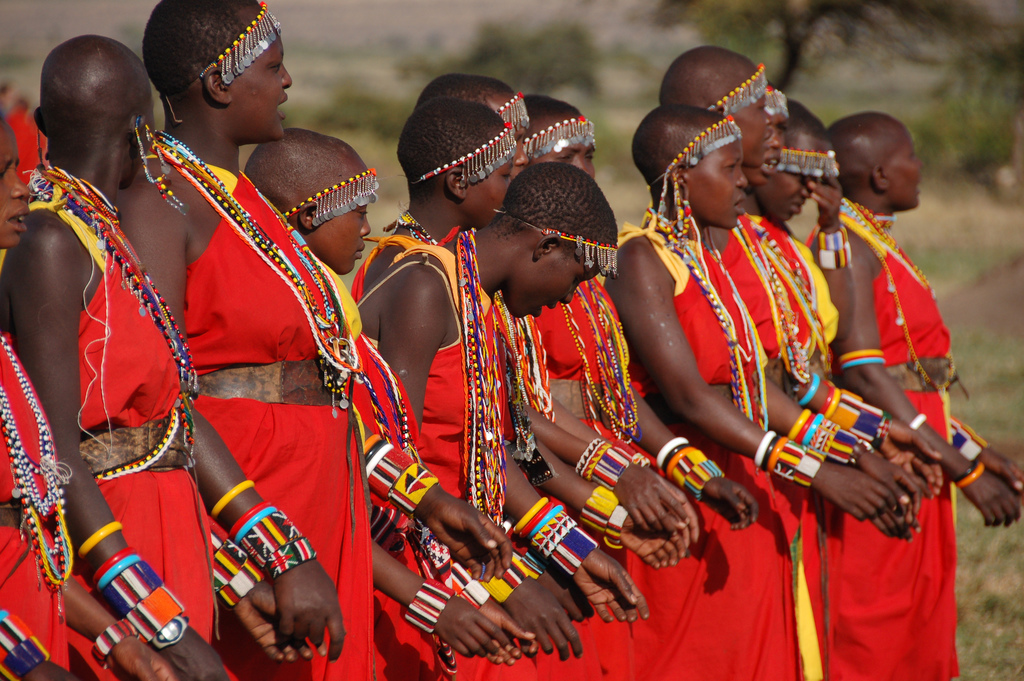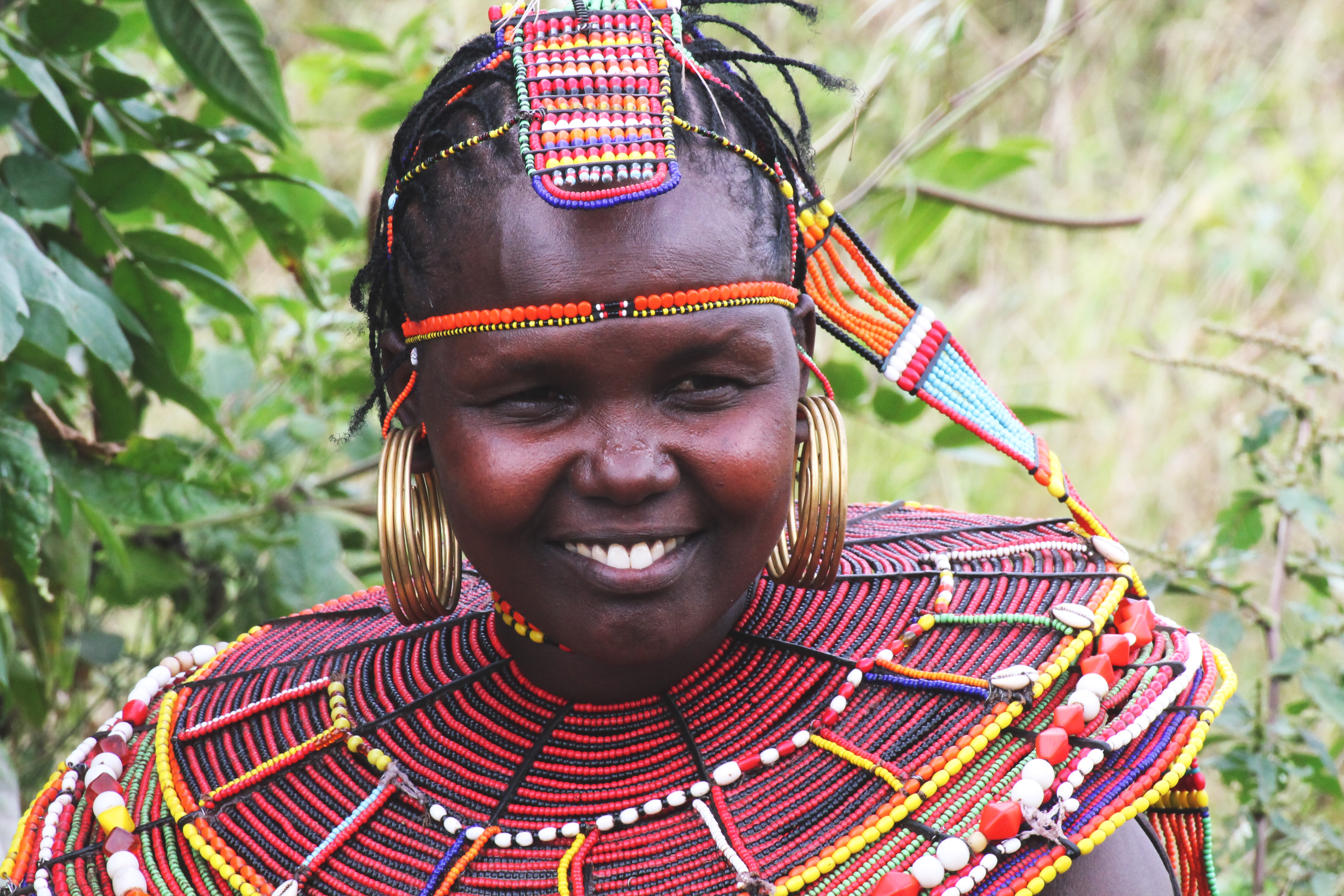African American Stars: Shaping Cinema's Future
Table of Contents
- The Long Road to Recognition: A Historical Perspective
- Breaking Barriers and Redefining Roles
- The Golden Age of African American Talent
- Denzel Washington: A Legacy of Excellence
- Viola Davis: The Power of Authenticity
- Beyond the Screen: Influence and Activism
- Challenges and Triumphs in Modern Hollywood
- The Power of Storytelling: Reflecting the African Diaspora
- Impact on Culture and Society
- The Future of African American Representation
The Long Road to Recognition: A Historical Perspective
The history of African American actors and actresses in Hollywood is a compelling narrative of perseverance against systemic discrimination. For decades, Black performers were largely relegated to stereotypical roles, often as servants, mammies, or comedic relief, perpetuating harmful caricatures rather than reflecting the true diversity and complexity of their communities. This era, marked by limited opportunities and pervasive prejudice, made it incredibly challenging for talented individuals to break through and showcase their full artistic range.Early Pioneers and Stereotypes
Despite the formidable barriers, a few courageous pioneers managed to carve out significant spaces. Hattie McDaniel became the first African American to win an Academy Award in 1940 for her role as Mammy in "Gone with the Wind." While a monumental achievement, her victory was bittersweet, as it underscored the limited roles available and the ongoing struggle for dignified representation. Similarly, Sidney Poitier emerged as a beacon of hope in the mid-20th century, breaking color barriers with his dignified and intelligent portrayals in films like "Guess Who's Coming to Dinner" and "In the Heat of the Night." His Oscar win for "Lilies of the Field" in 1964 marked another significant milestone, proving that African American actors could lead successful films and command respect. These early trailblazers laid the groundwork for future generations, demonstrating that talent and perseverance could chip away at even the most entrenched prejudices.Breaking Barriers and Redefining Roles
The civil rights movement of the 1950s and 60s brought about significant social changes, which slowly began to ripple into Hollywood. The demand for more authentic and diverse portrayals of African Americans grew louder, challenging the industry to move beyond its narrow confines. This period saw a gradual shift, as more complex and nuanced characters started to appear on screen, reflecting the multifaceted experiences of Black individuals in America.The Blaxploitation Era and Beyond
The 1970s ushered in the "Blaxploitation" era, a controversial yet impactful period for African American actors and actresses. Films like "Shaft," "Super Fly," and "Foxy Brown" featured Black protagonists in action-packed, often gritty, roles. While criticized for perpetuating new stereotypes and sometimes glorifying violence, these films were groundbreaking in that they centered Black characters, offered Black audiences heroes, and provided unprecedented opportunities for African American talent both in front of and behind the camera. This era, despite its flaws, was a crucial step in demonstrating the commercial viability of Black-led narratives and paved the way for more diverse storytelling in subsequent decades. As the industry evolved, the roles for African American performers diversified further, moving into genres beyond action and drama, including comedy, romance, and science fiction, showcasing the immense versatility of these actors.The Golden Age of African American Talent
The late 20th and early 21st centuries have witnessed an undeniable surge in the prominence and recognition of African American actors and actresses. This period can truly be described as a golden age, characterized by an explosion of talent, critical acclaim, and commercial success. Performers are not only starring in major Hollywood productions but are also creating their own content, directing, and producing, thereby controlling their narratives and shaping the industry from within.A New Generation of Trailblazers
Today, the landscape is rich with extraordinary African American talent. Actors like Denzel Washington, Viola Davis, Mahershala Ali, Regina King, Octavia Spencer, Chadwick Boseman (R.I.P.), and Lupita Nyong'o have not only garnered numerous awards, including multiple Oscars, but have also redefined what it means to be a leading actor in Hollywood. Their performances are marked by incredible depth, authenticity, and a powerful ability to connect with audiences across the globe. They have broken free from the confines of stereotypical roles, portraying complex characters that challenge perceptions and expand the horizons of storytelling. Their success has opened doors for even newer faces, ensuring a vibrant and diverse future for cinema.Denzel Washington: A Legacy of Excellence
Denzel Washington stands as one of the most respected and influential African American actors of all time. His career spans decades, marked by a consistent string of powerful and memorable performances that have earned him critical acclaim and commercial success. From his early roles in films like "Cry Freedom" and "Glory" to his iconic performances in "Training Day" (for which he won Best Actor Oscar) and "Malcolm X," Washington has consistently delivered performances that are both commanding and deeply nuanced. His ability to embody a wide range of characters, from heroes to villains, with unparalleled conviction has solidified his status as a true cinematic legend.| Attribute | Details |
|---|---|
| Full Name | Denzel Hayes Washington Jr. |
| Birth Date | December 28, 1954 |
| Birth Place | Mount Vernon, New York, U.S. |
| Notable Works |
|
| Key Awards |
|
Viola Davis: The Power of Authenticity
Viola Davis is a force of nature in the acting world, celebrated for her raw emotional honesty and profound portrayals. She is one of the few African American actresses to achieve the "Triple Crown of Acting," winning an Academy Award, an Emmy Award, and two Tony Awards. Her performances in films like "The Help," "Fences" (for which she won an Oscar), and "Ma Rainey's Black Bottom" are masterclasses in vulnerability and strength. Davis consistently brings a deep humanity to her characters, making them relatable and unforgettable. Her work on the television series "How to Get Away with Murder" also earned her an Emmy, making her the first Black woman to win the Outstanding Lead Actress in a Drama Series.| Attribute | Details |
|---|---|
| Full Name | Viola Davis |
| Birth Date | August 11, 1965 |
| Birth Place | St. Matthews, South Carolina, U.S. |
| Notable Works |
|
| Key Awards |
|
Beyond the Screen: Influence and Activism
The impact of African American actors and actresses extends far beyond their performances. Many have used their platforms to advocate for social justice, racial equality, and greater diversity within Hollywood. Their voices have been instrumental in pushing for systemic change, challenging industry practices, and inspiring audiences to engage with important societal issues. From supporting civil rights movements to speaking out against police brutality and advocating for fair representation, these artists have consistently demonstrated a commitment to using their influence for the greater good. Their activism often mirrors the broader historical struggles, much like the "African independence movements had their first success in 1951," showing a continuous fight for self-determination and recognition.Challenges and Triumphs in Modern Hollywood
While significant progress has been made, African American actors and actresses still face unique challenges in Hollywood. Issues such as pay disparity, limited opportunities for diverse storytelling, and the pressure to represent an entire community continue to be prevalent. However, the triumphs far outweigh the setbacks. The rise of streaming platforms and independent cinema has created new avenues for Black creators and performers to tell their stories authentically, without the traditional gatekeepers. The success of films like "Black Panther," which featured a predominantly Black cast and crew, demonstrated the immense global appeal and commercial power of Black narratives, shattering long-held industry myths. This success is a testament to the resilience and creative power that, much like the "modern African history is full of revolutions and wars," has been forged through persistent struggle and the unwavering pursuit of self-expression.The Power of Storytelling: Reflecting the African Diaspora
The narratives brought to life by African American actors and actresses are often deeply rooted in the rich tapestry of the African diaspora. These stories explore themes of identity, heritage, struggle, and triumph, connecting the present-day experiences of Black Americans to their ancestral roots. The continent of Africa itself boasts a "rich history that dates back to prehistoric times," and was "the birthplace of human civilization." This profound historical context informs the depth and complexity of many African American narratives in cinema. The concept of an "interconnected and continuous process" between Africans and people of African descent is crucial here, highlighting how these actors embody and transmit a legacy that transcends geographical borders. Furthermore, the "linguistic diversity, with over 3,000 languages spoken" across Africa speaks to the vast cultural wellspring from which the African American experience draws. This deep well of heritage fuels the authenticity and power of their performances, allowing them to portray characters that resonate with universal human emotions while remaining true to their specific cultural contexts. The distinct characteristics and diverse cultures of Africa, from its "central Africa, eastern Africa, north Africa, southern Africa, and western Africa" regions, find echoes in the varied stories and characters brought to life by these talented performers.Impact on Culture and Society
The influence of African American actors and actresses extends far beyond the entertainment industry, deeply impacting global culture and society. By portraying diverse characters and challenging stereotypes, they have contributed significantly to shifting public perceptions and fostering empathy. Their roles have sparked important conversations about race, identity, and social justice, making cinema a powerful tool for education and change. When audiences see themselves, or others, authentically represented on screen, it builds bridges of understanding and breaks down barriers. The visibility and success of these actors also serve as powerful inspirations, demonstrating to young people that talent and determination can overcome adversity, regardless of background. This cultural impact is akin to the distinguished features of Africa, where "Many African animals have earned distinctions," such as the world's largest land animal (elephant) or fastest (cheetah), symbolizing unique and impactful contributions.The Future of African American Representation
The future for African American actors and actresses in Hollywood looks brighter than ever. With increasing demand for authentic storytelling, greater emphasis on diversity and inclusion, and the emergence of new platforms, opportunities continue to expand. There's a growing recognition that diverse voices lead to richer, more compelling narratives that resonate with a global audience. The industry is slowly but surely moving towards a more equitable landscape where talent is recognized regardless of race, and where the full spectrum of human experience, including the nuanced beauty of "dark skin... but skin colour is not uniform," is celebrated on screen. The ongoing success and influence of African American actors and actresses ensure that their legacy will continue to grow, inspiring generations to come and shaping the very fabric of cinematic art.Conclusion
The journey of African American actors and actresses in Hollywood is a powerful testament to their enduring talent, resilience, and unwavering commitment to their craft. From the early struggles against pervasive stereotypes to their current status as global icons, they have consistently pushed boundaries, broken barriers, and enriched the cinematic world with their unique perspectives and profound performances. Their contributions have not only transformed the entertainment industry but have also played a vital role in shaping cultural conversations and fostering a more inclusive society. As we look to the future, it is clear that the voices and stories brought to life by African American performers will continue to be essential in reflecting the complexities of the human experience and inspiring audiences worldwide. What are your thoughts on the impact of African American actors and actresses in cinema? Share your favorite performances or discuss how their work has influenced you in the comments below!- Iran Shoots Missiles Into Israel
- Selecci%C3%A3n De F%C3%A3%C2%BAtbol De Ir%C3%A3n
- Tehran Iran Tourism
- Is Iran Funding Hamas
- Iran Nuclear Deal Trump

African Tribes, Cultures & Traditions | Tribes in Africa

Traditional South African People

Download African Tribe Royalty Free Stock Photo and Image